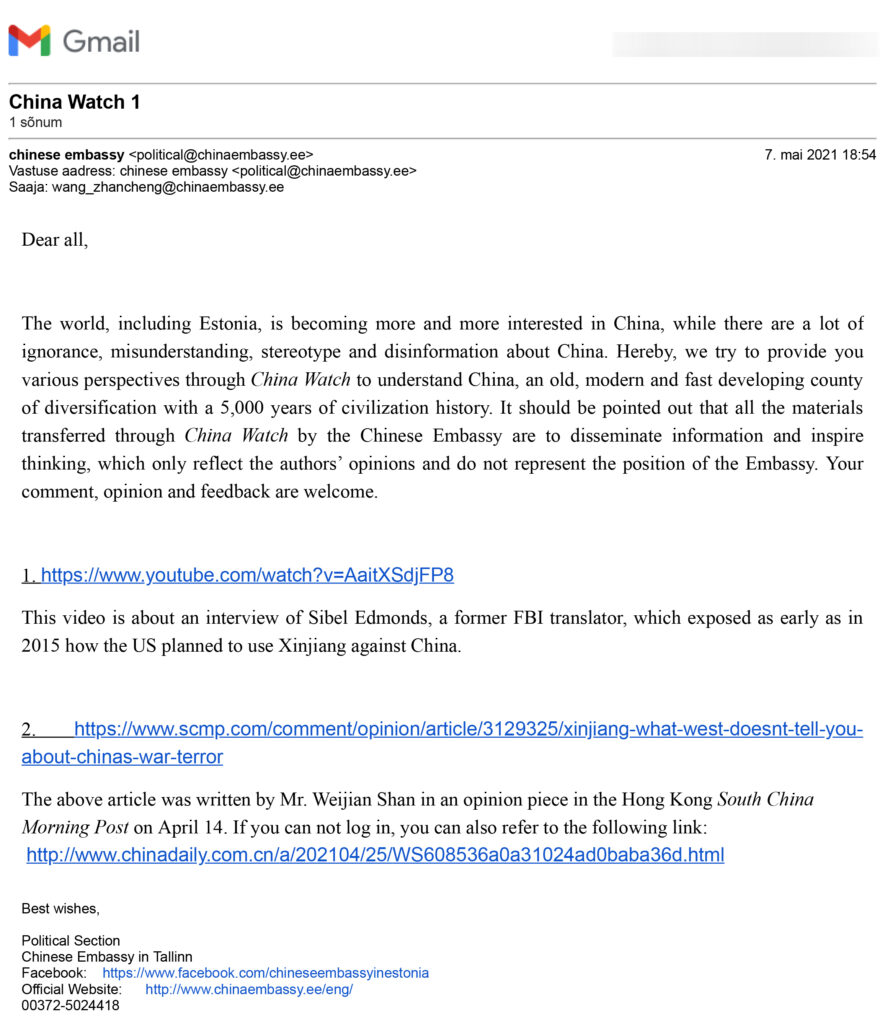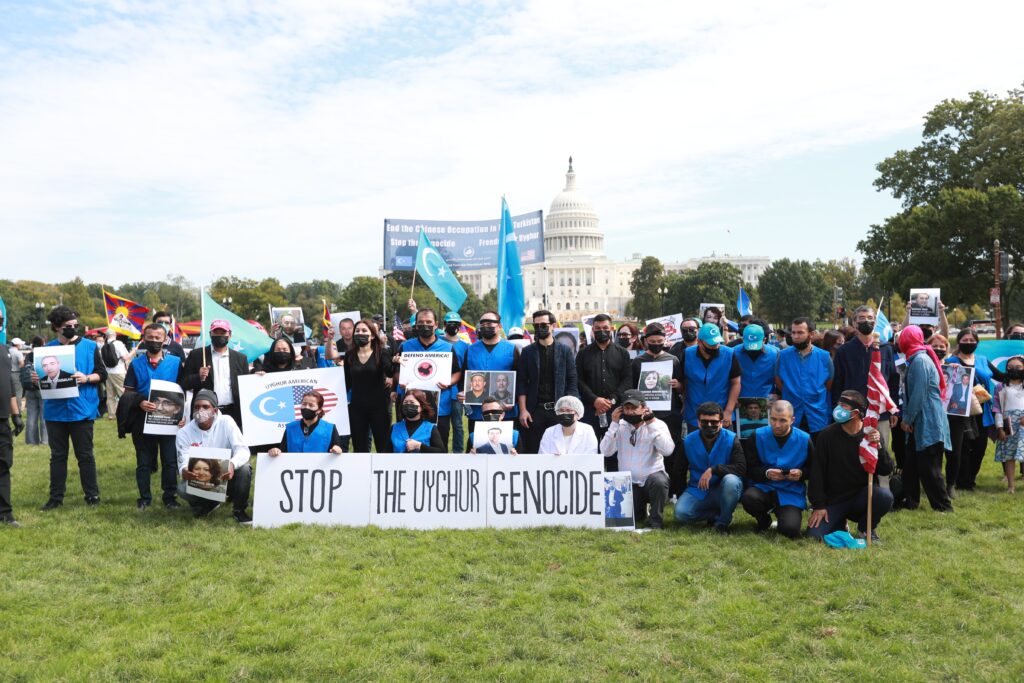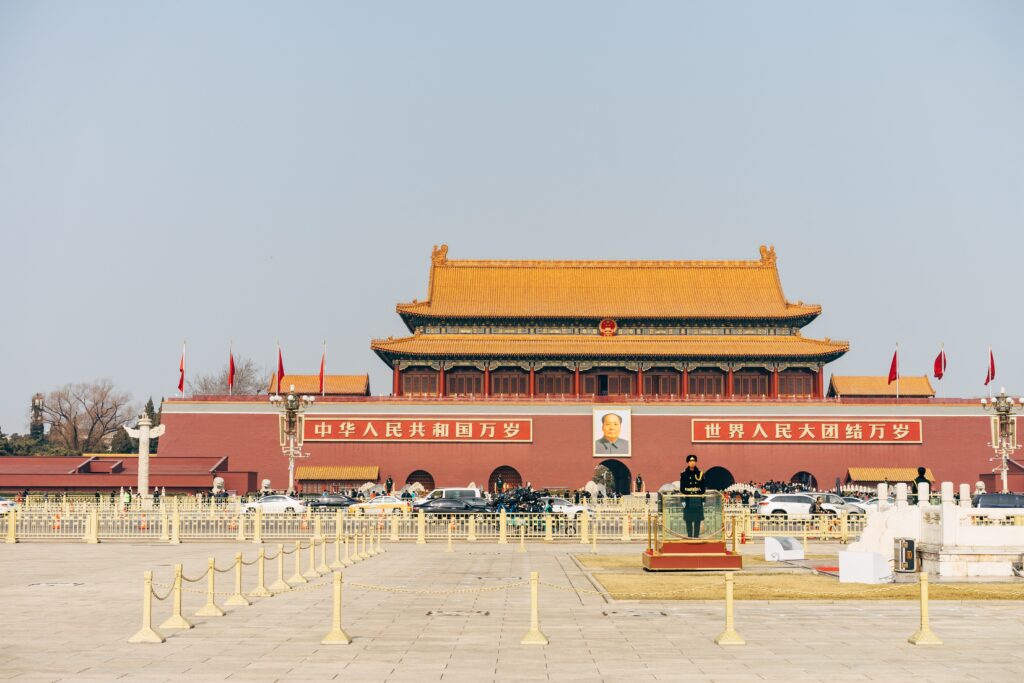The Chinese embassy in Tallinn has sent an email to many Estonian opinion leaders, asking them to be more favourable towards its policies.
In the email, the “political section” of the Chinese embassy, as the signature says, notes that the “world, including Estonia, is becoming more and more interested in China, while there are a lot of ignorance, misunderstanding, stereotype and disinformation about China. Hereby, we try to provide you various perspectives through China Watch to understand China, an old, modern and fast developing county of diversification with a 5,000 years of civilization history.”
“It should be pointed out that all the materials transferred through China Watch by the Chinese Embassy are to disseminate information and inspire thinking, which only reflect the authors’ opinions and do not represent the position of the Embassy. Your comment, opinion and feedback are welcome,” the email continues.
The Chinese embassy also added two URLs in the email – the first to a YouTube video of an “interview of Sibel Edmonds, a former FBI translator, which exposed as early as in 2015 how the US planned to use Xinjiang against China”.

The second URL in the email is an opinion article by a Weijian Shan that was published in the Hong Kong South China Morning Post.
Denying the Uyghur genocide
Estonian orientalist Martti Kalda was one of the recipients of the email. “The letter is sharing a few links where Hong Kong and US researchers claim there hasn’t been a genocide against the Uighurs and it’s all US propaganda,” Kalda told news portal Delfi.
The Uyghur genocide is the ongoing series of human rights abuses perpetrated by the government of China against the Uyghur people and other ethnic and religious minorities in and around the Xinjiang Uygur Autonomous Region.
Since 2014, the Chinese government has pursued policies leading to more than one million Muslims – the majority of them Uyghurs – being held in secretive internment camps without any legal process in what has become the largest-scale and most systematic detention of ethnic and religious minorities since the Holocaust.
Thousands of mosques have been destroyed or damaged, and hundreds of thousands of children have been forcibly separated from their parents and sent to boarding schools.

China trying to improve its reputation
Kalda also posted on Facebook that the Chinese embassy had contacted him. “I announce publicly that [the] Embassy of the People’s Republic of China in the Republic of Estonia did write to me, and tried to influence me to be more favorable towards China. My opinions are not for sale! In case of cyber attack, I will contact Estonian Internal Security Service.”
Other Estonians who received the email from the Chinese embassy were, according to Delfi, journalist Erkki Bahovski, religion researcher Jaan Lahe, cultural researcher Ivar Tröner, and others.
According to Kalda, the Chinese have worked on improving their country’s reputation for the past decade. Among those efforts is the Institute of Confucius that started operating at the University of Tallinn in 2010 – an entity whose purpose is to popularise the Chinese language and culture. “It’s strange that the contract between the Institute of Confucius and the University of Tallinn says the institute isn’t a subject of the Estonian laws,” Kalda asserted to Delfi.
Cover: Tiananmen Square in Beijing, China, where in 1989, student-led protests were violently crushed by the Chinese government. Several hundreds to several thousands of people were killed. Photo by Markus Winkler on Unsplash.

